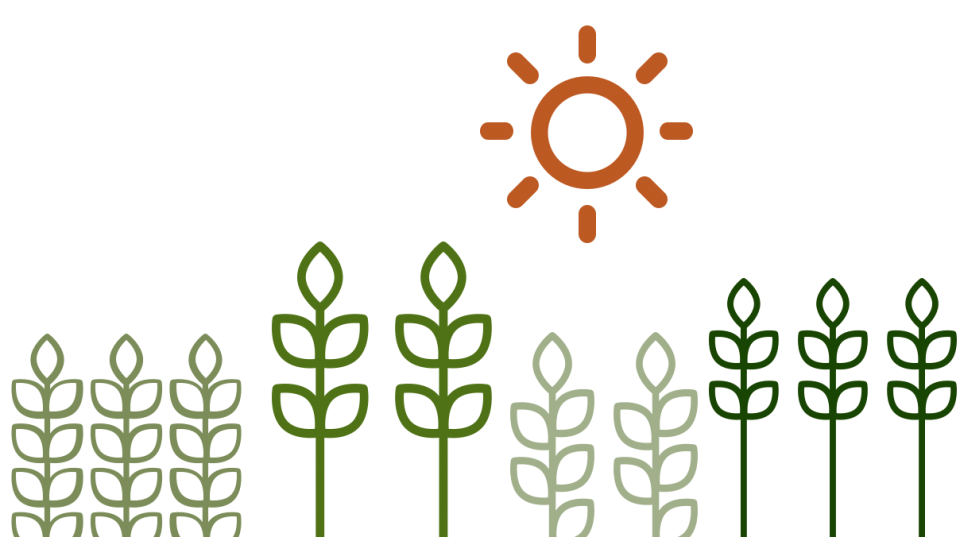Overview
This Small Research Activity conducted a critical analysis of the literature which has identified opportunities for improved pest management of C. cramerella. This will aid targeted research on this pest.
Production of cocoa (Theobroma cacao) beans from plantations in Papua New Guinea (PNG) and South East Asia is significantly affected by damage to fruit caused by larvae of the “cocoa pod borer” (CPB) moth Conopomorpha cramerella. The moth is endemic to equatorial Indomalaya and Australasia, where it is associated with at least twelve native host plants mainly within Sapindaceae including several economically important fruiting species such as Nephelium lappaceum L. (“Rambutan”).
Conopomorpha cramerella is not only a direct problem to cocoa farmers and the industry limiting cocoa production but, indirectly, also poses a serious ecological and health threat. This is due to the destruction of native forest for cocoa plantations (when a crop is aging or impacted by pest & disease a grower may cut down more rainforest to plant additional trees to increase cocoa productivity and at the same time obtain an income from the rainforest timber), and the use of toxic pesticides, respectively.




